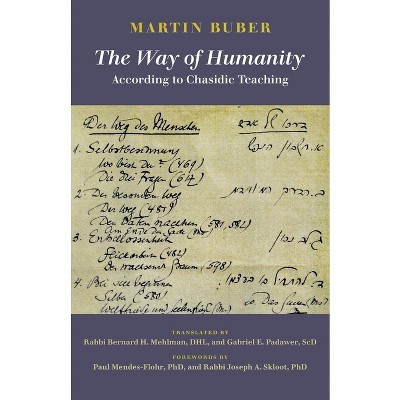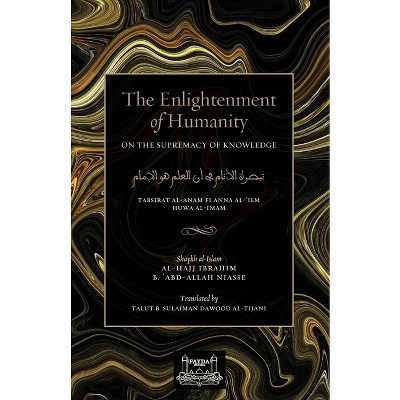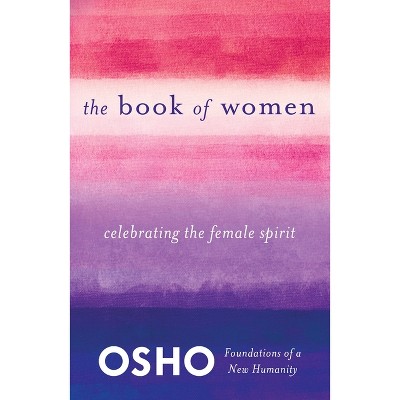About this item
Highlights
- This book introduces Islam through a "humanistic" lens, by highlighting the affective traditions and expressions associated with Sufism and Shi'ism.
- About the Author: Vernon James Schubel is Professor of Religious Studies at Kenyon College where he also helped to establish its Asian and Middle East Studies and Islamic Civilization and Cultures programs.
- 277 Pages
- Religion + Beliefs, Islam
Description
Book Synopsis
This book introduces Islam through a "humanistic" lens, by highlighting the affective traditions and expressions associated with Sufism and Shi'ism. While most introductory books emphasize the shari'a, and especially the "Five Pillars," as the primary defining characteristic of Islam, Vernon James Schubel provides an alternative introduction which instead underscores the importance of humanity and the human being within Islamic thought and practice. The book stresses the diversity of Islamic beliefs and practices, presenting them as varied responses to the shared multivalent concepts of tawhid (the unity of God), nubuwwa (prophecy) and qiyama (the Day of Judgment). Readers are introduced to essential aspects of Islam including the life of the Prophet Muhammad, the Qur'an, the development of the shari'a, and the emergence of the Sunni, Shi'a and Sufi traditions. The book concludes with a call to redefine "mainstream" Islam, as a religious tradition focused on the centrality of love and rooted in the importance of humanity and universal human virtues.
From the Back Cover
This book introduces Islam through a "humanistic" lens, by highlighting the affective traditions and expressions associated with Sufism and Shi'ism. While most introductory books emphasize the shari'a, and especially the "Five Pillars," as the primary defining characteristic of Islam, Vernon James Schubel provides an alternative introduction which instead underscores the importance of humanity and the human being within Islamic thought and practice. The book stresses the diversity of Islamic beliefs and practices, presenting them as varied responses to the shared multivalent concepts of tawhid (the unity of God), nubuwwa (prophecy) and qiyama (the Day of Judgment). Readers are introduced to essential aspects of Islam including the life of the Prophet Muhammad, the Qur'an, the development of the shari'a, and the emergence of the Sunni, Shi'a and Sufi traditions. The book concludes with a call to redefine "mainstream" Islam, as a religious tradition focused on the centrality of love and rooted in the importance of humanity and universal human virtues.
Vernon James Schubel is Professor of Religious Studies at Kenyon College where he also helped to establish its Asian and Middle East Studies and Islamic Civilization and Cultures programs. He is the author of numerous articles on Islam and the monograph, Religious Performance in Contemporary Islam: Shi'i Devotional Rituals in South Asia.
Review Quotes
"This book offers an indispensable account that can serve as either a replacement or at least a complementary volume to the current introductions to Islam. ... The book succinctly and accurately deals with both the discursive path and the path of affection through fair and thorough analyses of the varieties of rituals and beliefs among Muslims throughout history, and it does justice to the Muslim communities that have long been largely misrecognized or simply neglected." (Ashkan Bahrani, Journal for the Academic Study of Religion, Vol. 37 (3), 2024)
About the Author
Vernon James Schubel is Professor of Religious Studies at Kenyon College where he also helped to establish its Asian and Middle East Studies and Islamic Civilization and Cultures programs. He is the author of numerous articles on Islam and the monograph, Religious Performance in Contemporary Islam: Shi'i Devotional Rituals in South Asia.












